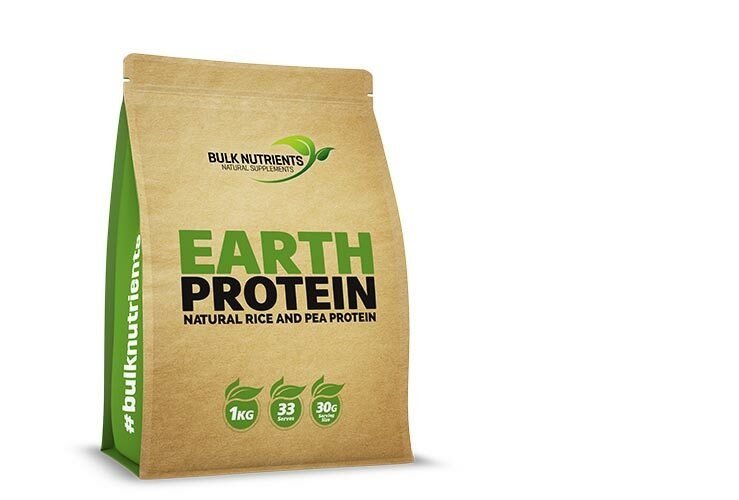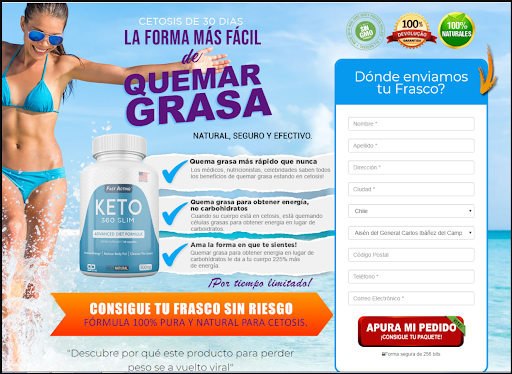6 Health Benefits of Replacing Processed Sugar with Honey

Sugar and honey are carbohydrates, primarily made of fructose and glucose. Most prepackaged foodstuffs contain one of these sweeteners. For centuries, people have used honey in food preparation as well as a treatment for common ailments. On the other hand, processed sugar is linked to many health issues like impaired digestion, acne, insulin resistance, unhealthy cravings, and hormonal imbalance. It should be noted that overconsuming either processed sugar or honey may result in weight gain. But why is honey considered healthier? This post puts forward six answers to this question.
When considering changes to your diet, always be sure to first consult with a licensed and reputable medical professional.
Honey is More Nutritious
According to the US Department of Agriculture, the most abundant form of carbohydrate in honey is fructose, while processed sugar is mainly glucose. The best thing about honey is that it carries essential minerals and vitamins: calcium, ascorbic acid, copper, amino acids, potassium, niacin, zinc, pantothenic acid, iron, manganese, riboflavin, phosphorus, and magnesium. However, sugar is devoid of these nutrients.
Honey contains more nutrients because bees make it using nectar from naturally grown flowers. Most of the antioxidants in honey are anti-inflammatory flavonoids. Raw Manuka honey boasts more enzymes than pasteurized forms. But the exact nutritional value depends on the origin. Some of the healthiest honey varieties are tupelo, eucalyptus, alfalfa, golden blossom, buckwheat, and wildflower honey.
Low Glycemic Index | Good for Diabetes Type 2
Glycemic index (GI) is the relative ability of a carbohydrate to raise blood sugar levels. People who have diabetes type 2 should therefore prefer sweeteners with a low glycemic load. High GI foods with scores of 70 are highly discouraged, but honey is more favorable for diabetic patients. The GI value of honey is 58, while that of refined sugars can go above 60. Though honey may raise the amount of glucose in the blood, it is not as quick as refined sugar.
Diabetic patients should beware of the amount of honey they put into their drinks. It is good to consult a doctor or nutritionist when preparing certain meals with honey. Carbs and calories add up quickly with a few items on the recipe. Examples of foods and drinks that call for honey are salad dressings, hard cheese, peanut butter, green tea, sandwich, and teriyaki sauce. A good rule of thumb to benefit from a honey diet is to ditch junk food. Complex carbs should be a high priority when baking with honey, given that refined flours have a higher risk of spiking blood sugar. For instance, adding honey to oatmeal is an excellent way to improve digestion and keep the stomach full for longer.
Wound Healing properties
Research indicates that honey is a safe treatment for burns, ulcers, and chronic wounds. Raw unpasteurized honey has antifungal and antibacterial qualities thanks to hydrogen peroxide in its natural form. The mild antiseptic acid can kill harmful microorganisms in wounds, thereby supporting healing.
Some honey varieties are also known to treat skin conditions like psoriasis. Because nectar contains pollen, experts claim that honey can desensitize allergic reactions that seem to be triggered by specific climatic conditions.
Honey Encourages Healthy Arterial Walls
One of the issues facing arteries is the hardening of their inner walls, which leads to atherosclerosis. The risk of atherosclerosis increases with the progressive formation of artery plaque. It has been found that a natural sugar (trehalose) in honey can reduce plaque by 30% and consequently prevent potential heart attacks. Trehalose stimulates a protein that prompts immune cells (macrophages) to eliminate the fatty plaque.
Atherosclerosis increases the risk of heart disease and high blood pressure. As macrophages try to clean up the wall lining of an artery, they become overwhelmed by inflammations created by the plaque. So, trehalose acts as housekeeping machinery and natural remedy. Moreover, the antioxidant and phytochemical content in honey can counteract oxidative stress. This adds to its protective benefits. Replacing sugar with honey thus helps to boost antioxidant defense mechanisms.
Relieving Symptoms of Upper Respiratory Tract Infections
Most upper respiratory tract infections (URI) are treated with antibiotics. Unfortunately, antibiotic resistance is a threat to human health because diseases that used to be curable have turned deadly. Antibiotic resistance is also the main reason medical practitioners overprescribe meds for URI. A study carried out at the University of Illinois Chicago indicates that honey’s microbial properties could be used as a basis for developing new antibiotics.
Several studies that have been published show how honey may be effective at treating URI. It was found that honey reduces the frequency and severity of coughing better than over-the-counter drugs. Plus, honey is less expensive than antibiotics.
Fighting Insulin Resistance
Insulin resistance or metabolic syndrome (MetS) can lead to various complications, including hypertension, high blood sugar, hyperlipidemia (harmful levels of triglycerides in the blood), and abdominal obesity. Researchers have discovered that honey can help prevent insulin resistance. Most people with insulin resistance have at least three cardiovascular conditions.
One of the reasons honey improves these conditions is its low glycemic index. By maintaining healthy levels of blood glucose, regulating insulin, and improving insulin sensitivity. It has also been shown to enhance lipid metabolism, reduce triglycerides, and increase good cholesterol. Considering its ability to minimize oxidative stress, researchers have concluded that honey should be applied in treating metabolic syndrome.
The natural composition of honey renders it easily digestible. Again, it contains enzymes that partially break down nutrients before ingestion. Processed sugar, on the other hand, must be ingested for it to be broken down. For this matter, honey is the way to go for anyone looking to support their gut health. But it is good to watch out for the portion size as it contains slightly more calories than regular sugar.
The six benefits are enough reasons to replace refined sugar with honey. For one, sugar is 100% empty calories, while honey is rich in nutrients. Switching from regular sugar to honey shouldn’t be hard. When preparing baked goods and tea, health enthusiasts should use honey instead of sugar. The taste may not be as intense as expected, but its long-term health benefits are indispensable.














